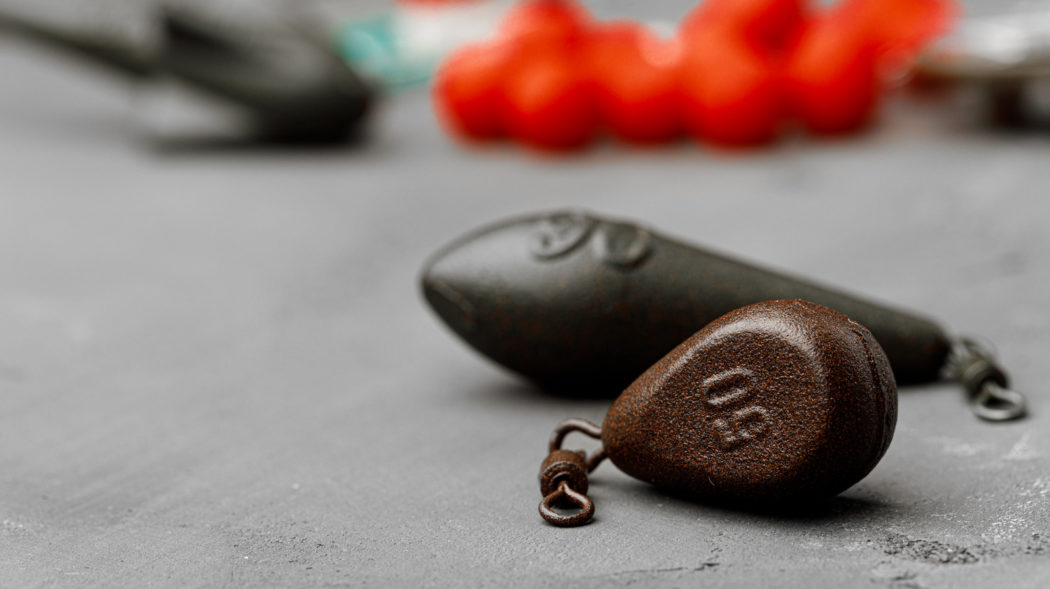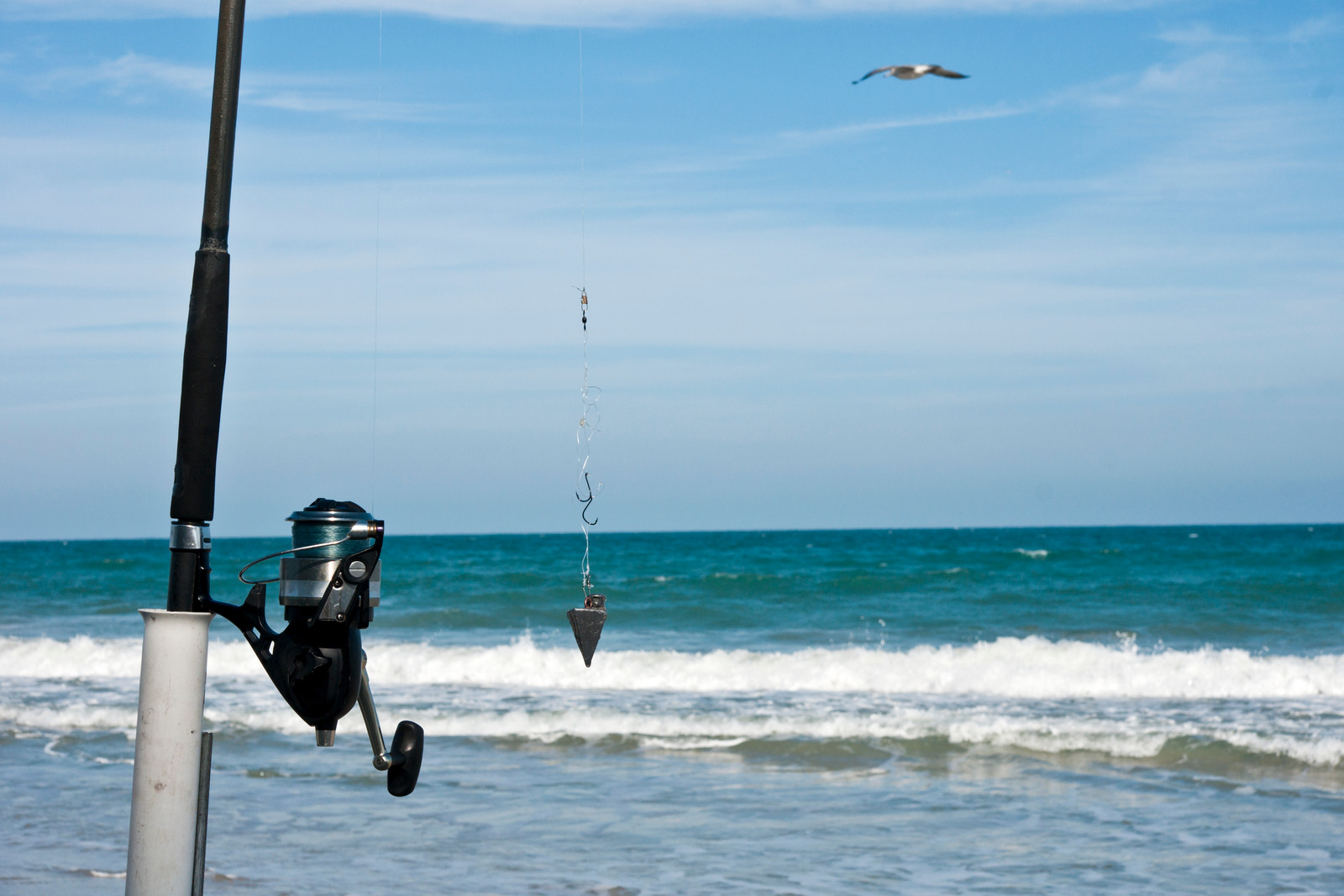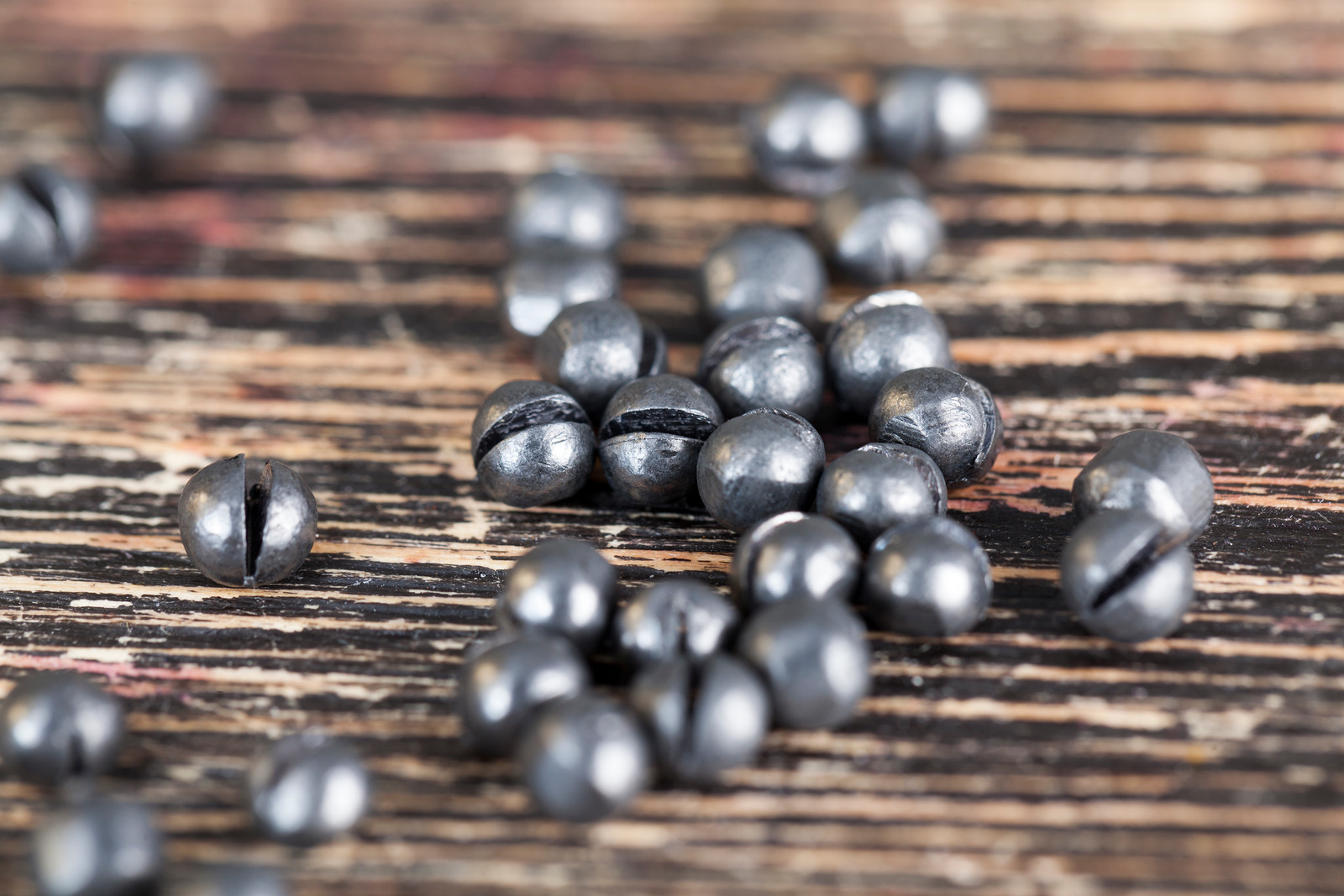Are lead fishing weights dangerous?

It’s a common question asked by anglers and for good reason. Lead is a toxic metal that can be harmful to both humans and the environment.
While there are some risks associated with using lead fishing weights, there are also ways to minimize those risks.
So, are lead fishing weights dangerous?
Yes, lead fishing weights can be dangerous but by taking a few simple precautions, you can minimize the risks and enjoy your fishing trip without worrying about lead poisoning.
What are the dangers of lead fishing weight?
One of the biggest dangers of using lead fishing weights is lead poisoning. Lead can build up in the body over time, damaging almost every organ in the process.
It’s especially harmful to children and pregnant women. So just be careful if you are pregnant while fishing.
Lead can also contaminate water supplies and soil, making it a danger to both humans and wildlife.
How can I avoid lead poisoning from fishing weights?
There are a few simple precautions you can take to avoid lead poisoning from fishing weights such as:
Use a safer alternative
Use non-lead fishing weights whenever possible. There are many types of non-lead weights available, so there’s no need to use lead weights if there’s a safer alternative.
Wash your hands
Wash your hands with clean water and soap after handling lead fishing weights. This will help remove any lead that may have contaminated your hands.
Avoid ingestion
Don’t eat or drink while handling lead fishing weights. This will help avoid the ingestion of lead particles.
Dispose properly
Dispose of lead fishing weights properly. Don’t just throw them away; lead fishing weights should be disposed of at a designated hazardous waste facility.
By taking these simple precautions, you can minimize the risks associated with using lead fishing weights and enjoy your fishing trip without worry.
Are lead fishing weights legal?
Yes, lead fishing weights are still legal in most states. However, there are a few states that have banned the use of lead for fishing.
For more information, you can check with your state’s fish and wildlife department.
So why is lead still used in fishing weights?
The main reason is that lead is a very dense metal, which makes it ideal for weighting fishing lines and baits.
Other metals, such as brass or steel, are not nearly as dense as lead, so they don’t work as well for this purpose.
Should you use lead fishing weights?
That decision is up to you. If you do decide to use lead fishing weights, just be sure to take the necessary precautions to avoid lead poisoning.
Lead fishing weights can be dangerous but by taking a few simple precautions, you can minimize the risks and enjoy your fishing trip (whether it’s inshore or offshore) without worrying about lead poisoning.
Also, take note that some rods contain lead but the amount of lead is usually very small and is not considered to be a health risk.
Is there a safe alternative to lead fishing weights?
Yes, there are many types of non-lead fishing weights available. These include:
- Steel
- Brass
- Ceramic
- Tungsten
- Bismuth
Each of these materials has its own advantages and disadvantages, so it’s important to choose the right one for your specific needs.
Non-lead fishing weights are a great alternative to lead weights because they’re just as effective, but they’re much safer for you and the environment.
So if you’re concerned about the dangers of lead fishing weights, switch to a non-lead alternative and enjoy your fishing trip without worry.
What do you do with lead fishing weights?
Dispose of lead fishing weights properly. Don’t just throw them away; lead fishing weights should be disposed of at a designated hazardous waste facility.
For more information, you can check with your state’s fish and wildlife department.
By disposing of lead fishing weights properly, you can help protect yourself, your family, and the environment from the dangers of lead poisoning.
Is lead safe for fish?
Lead fishing weights are safe for fish. In fact, lead is one of the most common weighting materials used in fishing.
Other materials, such as brass or steel, are not nearly as dense as lead, so they don’t work as well for this purpose.
Conclusion
Lead fishing weights are typically safe for fish. In fact, lead is one of the most common weighting materials used in fishing. Other materials such as brass or steel do not work as well and can be dangerous to humans and wildlife alike.
If you’re concerned about using lead fishing weights because they may pose a danger to people around you, consider switching to a safer alternative like tungsten that won’t contaminate your surroundings with toxic heavy metals.
As an Amazon Associate, Fishermen's Angle earns from qualifying purchases. We get commissions for purchases made through links in this post.


